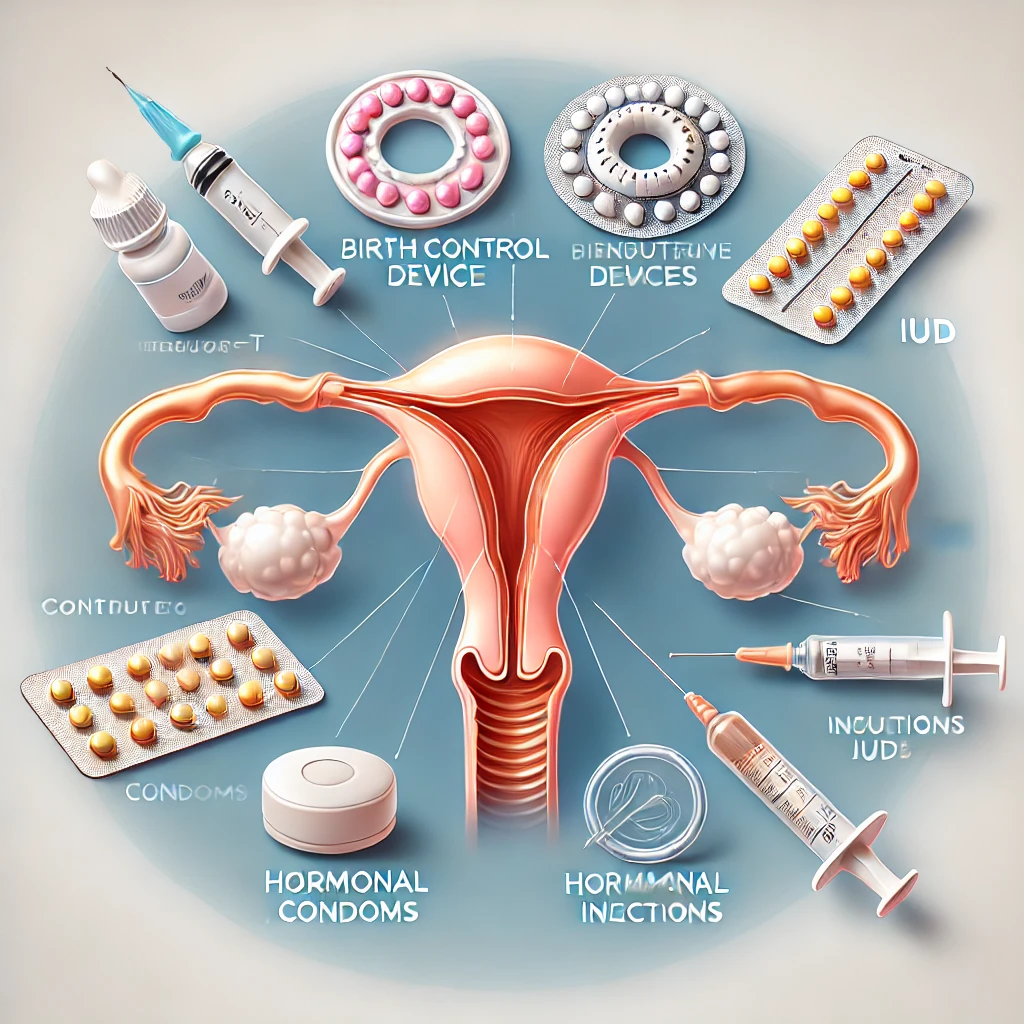Choosing a contraceptive method can feel like picking the best dessert from a massive buffet – overwhelming but important! One option that often comes up is the Copper-T, a type of intrauterine device (IUD). But is it better than other methods? Let’s break it down in a way that’s easy, informative, and, of course, a little fun.
What is Copper-T, Anyway?
Copper-T is a small, T-shaped device made of plastic and copper that is inserted into the uterus. It works by releasing copper ions, which create an environment hostile to sperm, preventing fertilization. Unlike hormonal contraceptives, it doesn’t affect your natural cycle and can last anywhere from 5 to 10 years, depending on the type.
How Does Copper-T Compare to Other Contraceptives?
Let’s look at some of the most common contraceptive methods and see how Copper-T stacks up against them:
1. Birth Control Pills
- Effectiveness: About 91% with typical use
- Pros: Regulates periods, reduces acne, easy to start and stop
- Cons: Requires daily intake, may cause hormonal side effects like mood swings and weight changes
- Copper-T vs. Pills: Copper-T wins in convenience—no daily reminders! But if you need period regulation or have painful periods, pills might be better.
2. Hormonal IUDs (e.g., Mirena, Skyla)
- Effectiveness: Over 99%
- Pros: Can reduce or stop periods, lasts 3-7 years
- Cons: Can cause hormonal side effects like irregular bleeding in the first few months
- Copper-T vs. Hormonal IUDs: If you want zero hormones, Copper-T is the better pick. But if you struggle with heavy periods, hormonal IUDs might be the way to go.
3. Condoms
- Effectiveness: 85% with typical use
- Pros: Protection against STIs, easily accessible, non-hormonal
- Cons: Can break or slip, requires use every time
- Copper-T vs. Condoms: Copper-T is far more effective at preventing pregnancy, but condoms are a must for STI protection. Best option? Use both!
4. Depo-Provera Shot
- Effectiveness: About 94%
- Pros: Taken every 3 months, no daily maintenance
- Cons: Potential weight gain, irregular bleeding, delayed return to fertility
- Copper-T vs. Depo Shot: Copper-T lasts longer and is hormone-free, while Depo might be good for those who prefer injections over a device.
5. Tubal Ligation (Permanent Sterilization)
- Effectiveness: Over 99%
- Pros: Permanent, no maintenance
- Cons: Requires surgery, irreversible in most cases
- Copper-T vs. Tubal Ligation: If you’re absolutely done having kids, sterilization is an option. But Copper-T is a great long-term alternative that’s reversible.
Who is Copper-T Best For?
Copper-T is a fantastic choice if you: ✅ Want long-term, hormone-free birth control ✅ Prefer a “set it and forget it” method ✅ Don’t mind a slightly heavier period for the first few months ✅ Are looking for a reversible method
Who Might Want to Consider Other Options?
🚫 If you already have heavy, painful periods, Copper-T might make them worse 🚫 If you need contraception AND protection from STIs, you’ll still need condoms 🚫 If you’re looking for a method that reduces menstrual flow, a hormonal IUD might be better
The Verdict
Is Copper-T better than other contraception methods? Well, it depends on your needs. If you want a long-term, hormone-free, highly effective birth control method, it’s a top contender. But if you need additional benefits like period regulation, hormonal options might be a better fit.
At House of Gynaecologists, we believe the best contraceptive is the one that suits YOU. Have questions? Drop them in the comments or talk to your gynecologist to find your perfect match!

